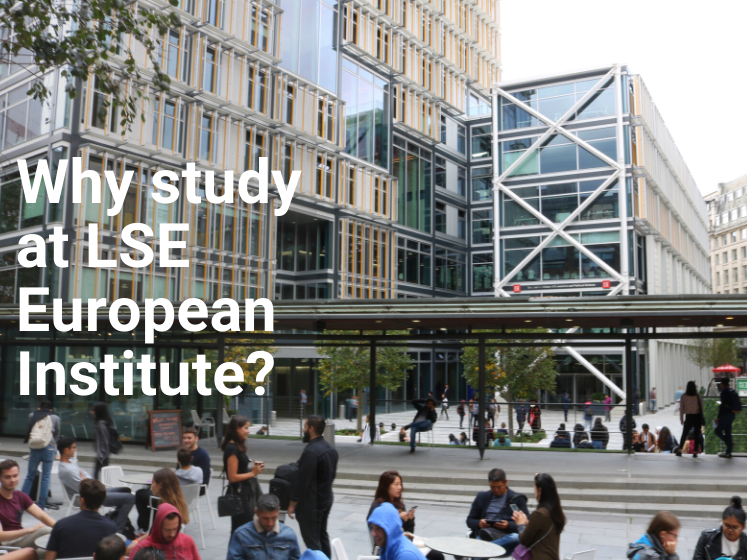Geopolitical change is reshaping Britain’s place in Europe, and Europe’s place in the world. War in Europe has given renewed significance to institutions such as NATO that straddle the divide, and spurs new ones such as the European Political Community. Britain finds itself not on the periphery, but thrust together with EU states and neighbours such as Ukraine and Turkey. Economic sanctions accelerate a wider process of economic de-globalisation and realignment, changing how European economies relate to Asia and North America. Energy insecurity redraws the map of cooperation and the flows of trade, finance and investment, a process climate change looks set to continue. New patterns of migration are emerging, and new conflicts about who belongs where.
Britain’s exit from the European Union has certainly transformed many of its ties to the continent. Yet as geopolitical concerns rise up the agenda, it is equally clear that it has not altogether broken them. The EU is at the heart of many of these transformations, as it tries to adapt to a world in which politics, geopolitics and economics are inseparable. What policies it pursues, and how it decides on them, are as central to the future of Europe as ever. But just as the EU emerged in the 1950s as an effort to transcend the divisions of war-torn Europe, today’s crises are spurring new ties that criss-cross its boundaries.
 LSE European Institute
LSE European Institute
Centre of Excellence
The European Institute is the largest centre for the study of Europe anywhere in the world.
The European Institute’s core work centres around three key areas: research, teaching and learning, and public events.
Study
The European Institute offers a range of Master's Programmes and an extensive PhD Programme. We have one of the largest cohorts of European Studies students anywhere in the world with around 240 master's students and 20 doctoral students from over 46 countries.
We are outward looking and have a number of international partners, including Sciences Po (Paris), Bocconi University (Milan), Fudan University (Shanghai), and Columbia University (New York) with whom we have Double Degree Programmes.
Learn more
Research
The work of the European Institute's faculty, research staff, and our highly active doctoral community focuses on our four key research themes: Political Economy, Politics & Policy, Culture & Society, and Migration.
Learn more
Events
One of the hallmarks of the European Institute is our strong external profile. We host dozens of events a year, with an outstanding cast list of high-level speakers from politics, public administration and EU institutions, including presidents, prime ministers, foreign ministers, finance ministers, distinguished scholars and influential commentators.
Learn more